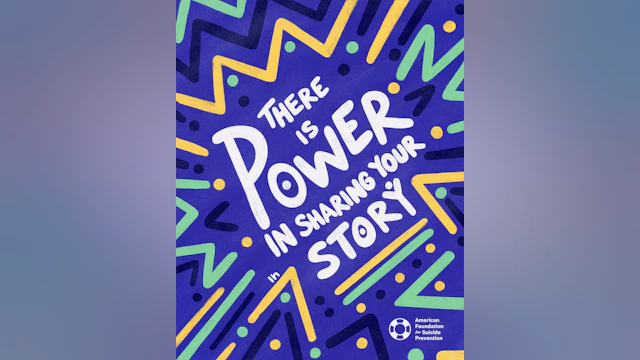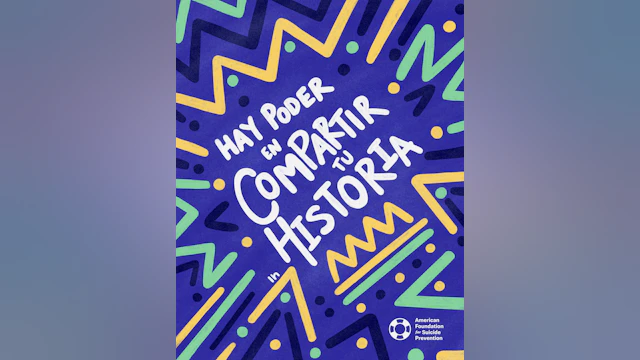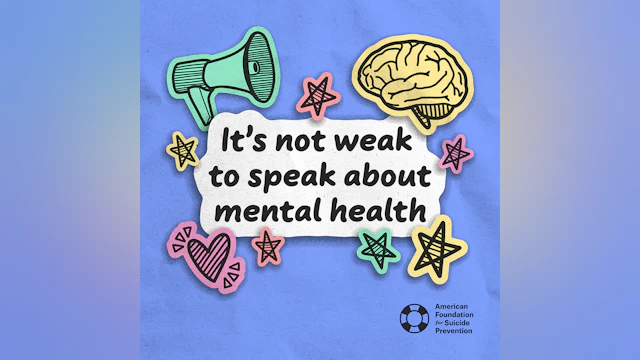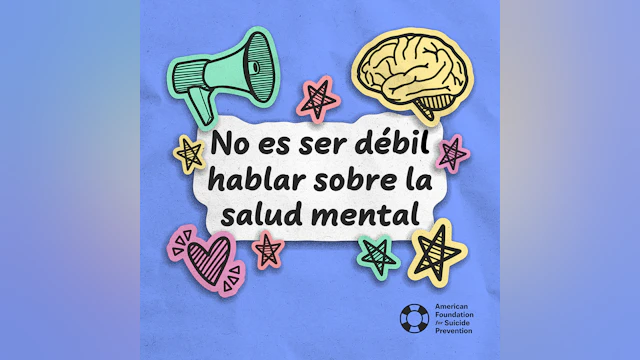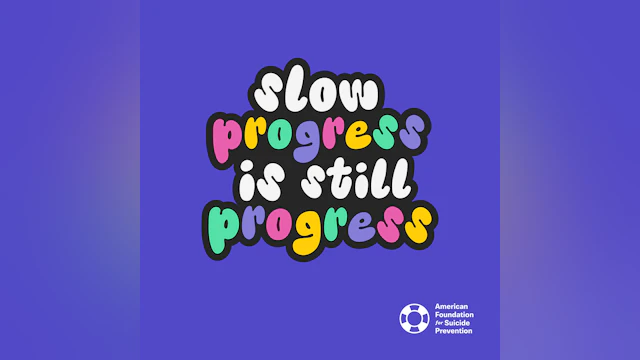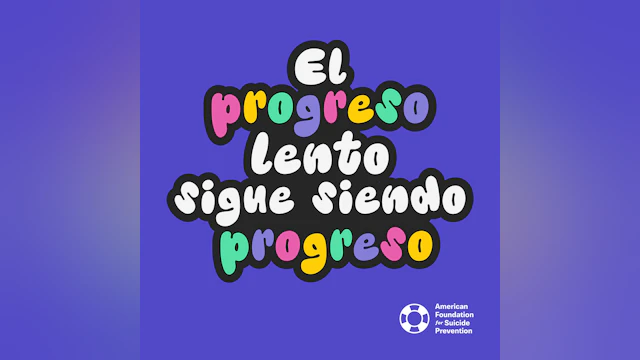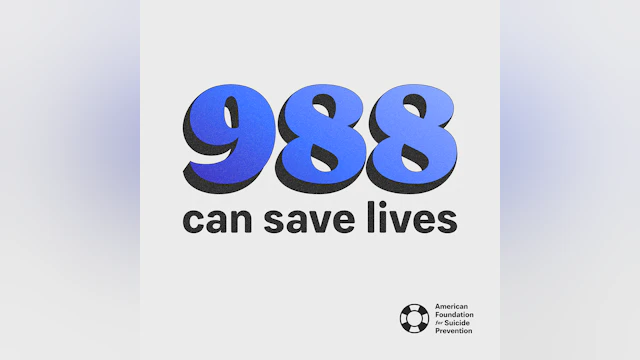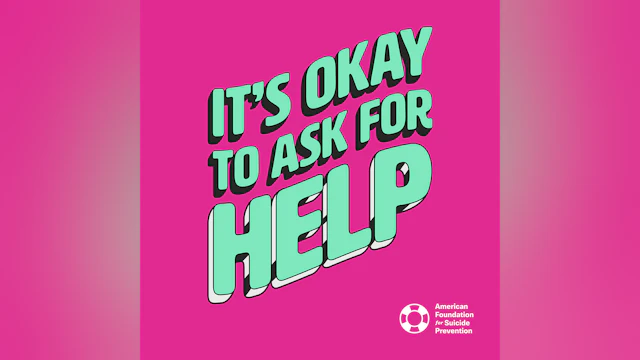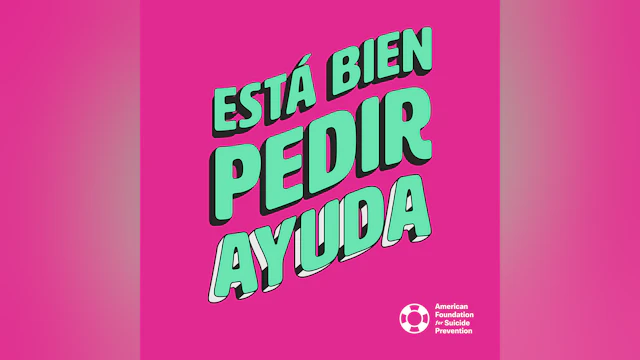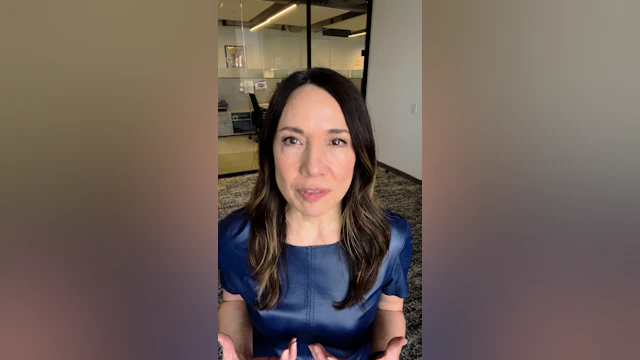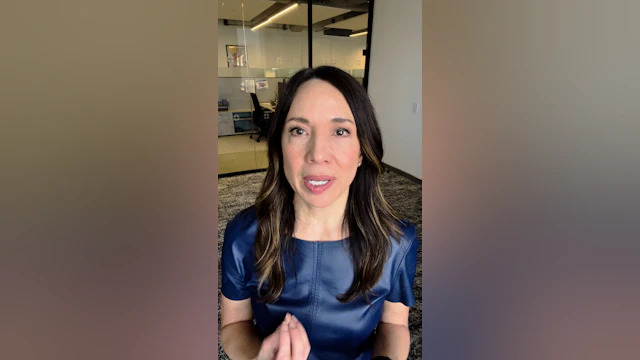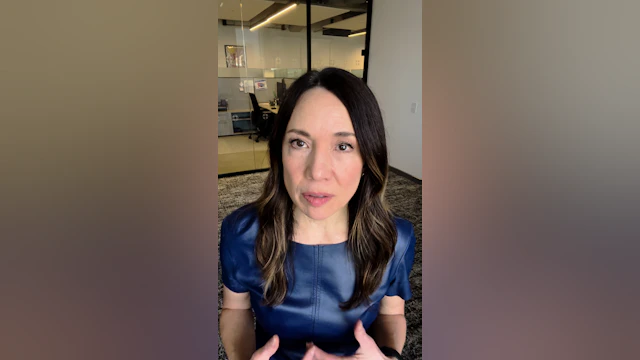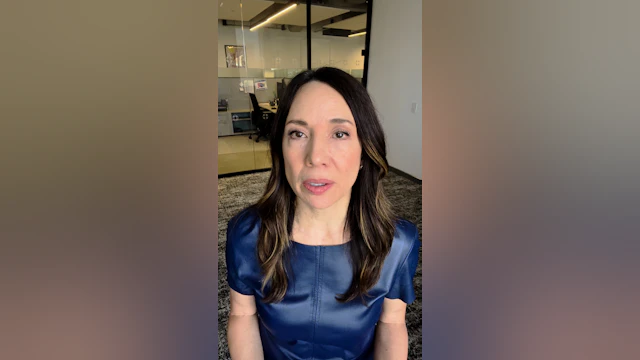May is Mental Health Awareness Month
May is Mental Health Awareness Month, and this year, the American Foundation for Suicide Prevention is encouraging people to think about what best helps them cope with challenges, whether it means the kind of everyday struggles we all face sometimes, or more serious psychological distress. This May and beyond, we’re encouraging people to move beyond basic “self-care” to consider true resilience: game-changing strategies we can take to encourage our personal resilience, and the ways we support – and find support within – our communities. Because we’re all in this together.
It may seem simple, but scientific evidence reveals the deep impact things like sleep, exercise, social connections with others, and being mindful of what we eat and drink – not to mention engaging in therapy or medication when we need it – can have on our overall health and the way we manage stress. We can also build resilience in ourselves and our communities by uniting in a common cause by walking or advocating for suicide prevention, educating the people around us about mental health, and making sure we know how to support those around us who have been affected by suicide.
This May and beyond, let’s unite for a common cause that affects us all: building resilience for our own mental health, and the mental health of our communities. Because we’re all in this together.
Learn how to build resilience
Shareable Social Graphics
Videos about Resilience
-
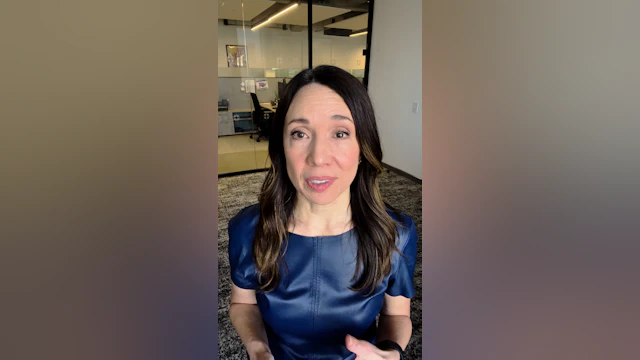
Togetherness - Creating Resilience through Open Communication
Watch Dr. Moutier talk about resilience in this YouTube short.
-
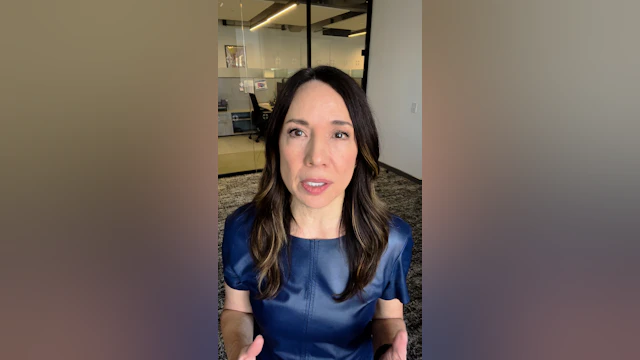
Inviting Feedback and Open Communication from Others
Watch Dr. Moutier talk about resilience in this YouTube short.
-
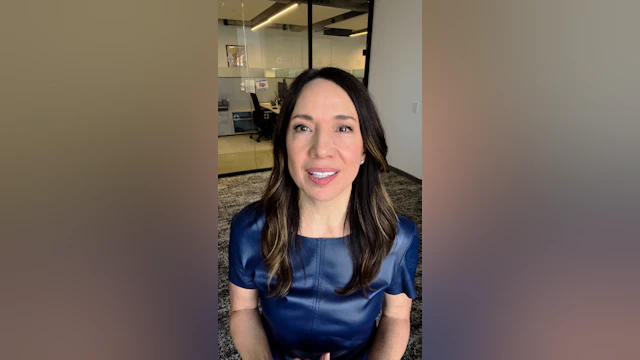
Community Resilience Getting Through Collective Trauma
Watch Dr. Moutier talk about resilience in this YouTube short.
AFSP national events
- Learn more
Mental Health Awareness Month
- Find an event near you
Construction Hike for Hope
- Add to calendar
#RealConvo Concert: Jonah Marais
- Register today
Research Connection+ Program for the Scientific Community: Genetic & Life Factors in Suicide Researc ...
- Add to calendar
Audacy Podcast on Resilience
Research on Resilience
-
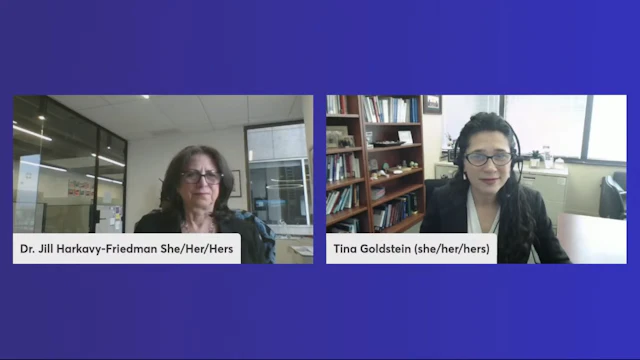
Ask Dr. Jill: Sleep and Mental Health
In this episode of Ask Dr. Jill, AFSP SVP of Research Dr. Jill Harkavy-Friedman talks about sleep with psychologist and research grantee Tina R. Goldstein, Ph.D. who has studied the ways in which sleep health affects mental health and suicide risk.
-
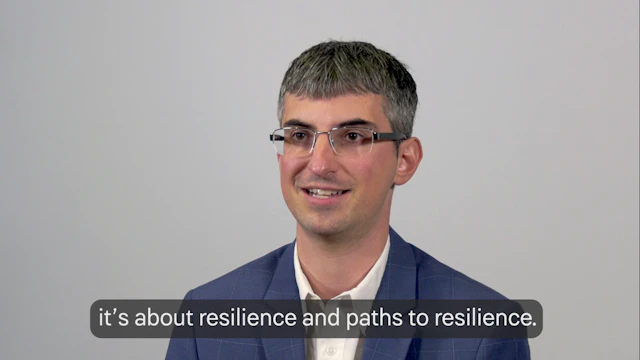
Coping and Resilience
Researcher Mark Sinyor, M.D. discusses the importance of resilience, coping strategies, and parental support in suicide prevention.
-
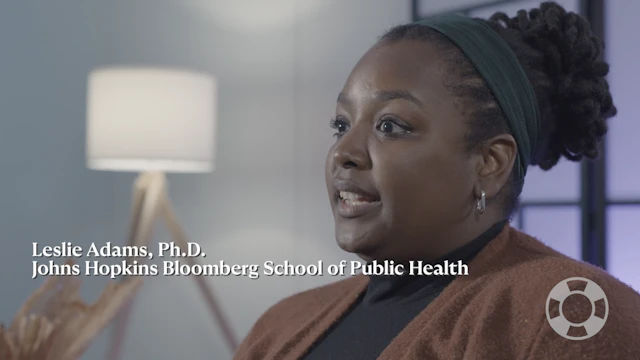
Protective Factors for Black Men
Dr. Adams discusses several protective factors against suicide that are specific to black men and black communities.
-
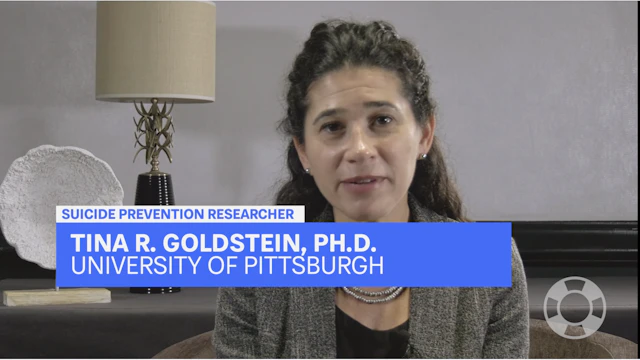
Sleep and Suicide
Researcher Tina R. Goldstein, Ph.D. discusses her research on the associations between sleep difficulties and suicide risk in teenagers and college students.
-
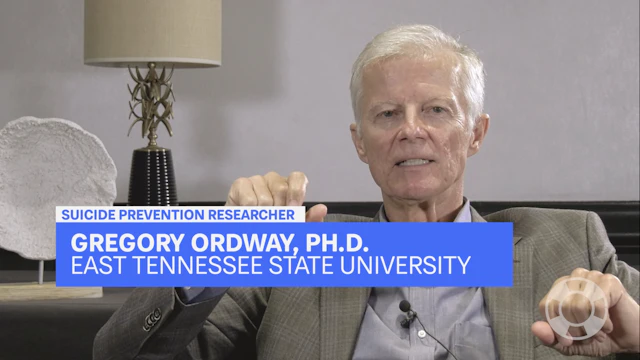
Managing Stress
Researcher Gregory Ordway, Ph.D. discusses the ways in which stress negatively affects our brain biology. He also outlines ways to lower stress and manage it's impact.
Stories for Mental Health Awareness
-
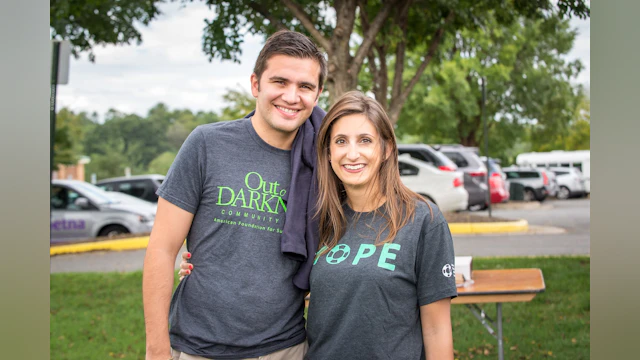
Something Bigger Than Myself: Reflections on Suicide Prevention and National Volunteer Week
Volunteering with AFSP for the past 15 years has rebuilt my sense of self-efficacy and restored my hope for the future.
-
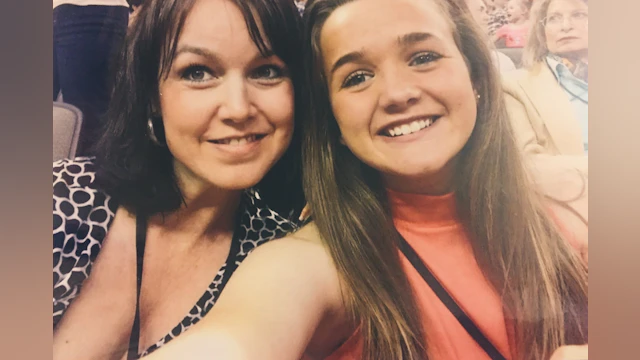
I Am a Survivor: Finding Hope and Intention at International Survivors of Suicide Loss Day
This past November, I attended my very first Survivor Day event, seven years after losing my mom to suicide.
-
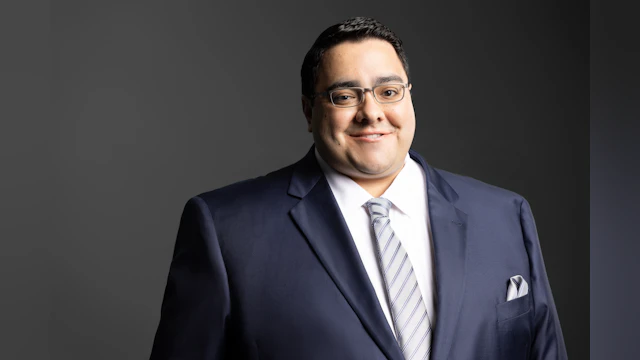
Working Together to Prioritize Mental Health and Suicide Prevention in the New Year
For many of us, the new year is an opportunity to refocus on our health and set new goals and routines. This year, I want to encourage all of us to make sure our mental health is part of that focus.
-

Mental Health New Year's Resolutions From the American Foundation for Suicide Prevention
Here are some reflections from the American Foundation for Suicide Prevention’s leadership team on their own goals for the coming year, and suggestions we might all draw inspiration from.
-
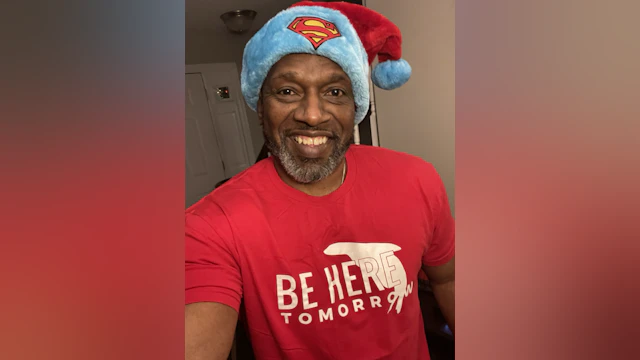
Giving Yourself the Gift of Self-care for the Holidays
While you are making your holiday gift lists this year, here are a few tips on how you can give yourself the gift of self-care this holiday season.
-

Looking to the Sky: Processing My Father's Suicide, in My Own Time
Father’s Day has always been my least favorite holiday. I’m pretty good at burying the feelings of being left behind by my dad on the other 364 days of the year, but on this day, it’s unavoidable. This past Father's Day, though, I reached an important new milestone: I was finally able to start processing his death.
-
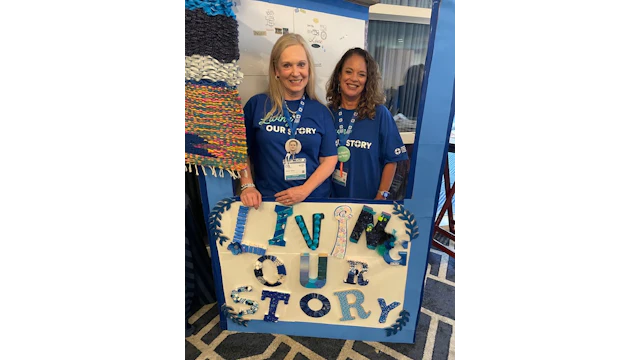
Compassion, Clarity, and Connection: Providing Comfort and Support at the Long-Term Survivors of Suicide ...
“Compassion, clarity, and connection” are just three of the words that come to mind when reflecting on this year’s Long-Term Survivors of Suicide Loss Summit. This was AFSP’s third time presenting this unique conference designed for long-term suicide loss survivors.
-
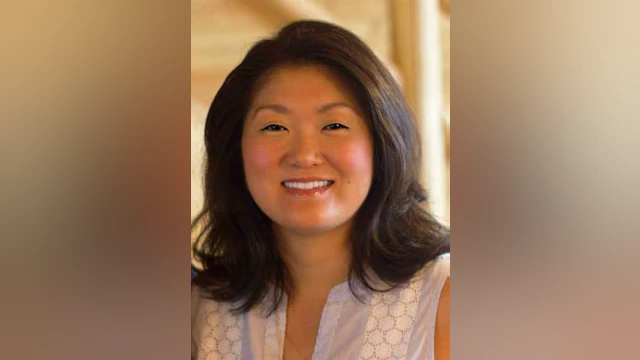
As an Asian American, I Know the Impact Cultural Heritage Can Have on Mental Health
Each May, our country shines a spotlight on two important issues, through Asian American and Pacific Islander Heritage Month and Mental Health Awareness Month. Technically, these are two separate awareness holidays. But for me, my mental health and Asian American identity feel closely intertwined.
-
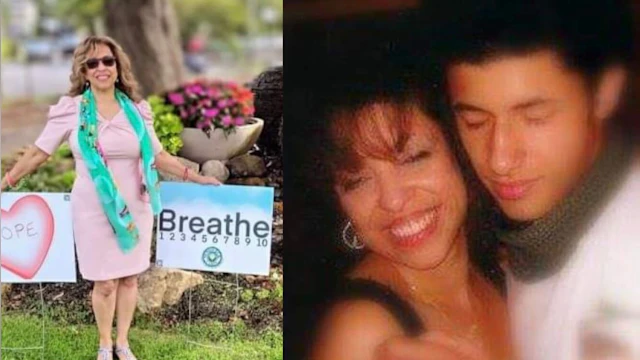
Bringing Hope to Other Loss Survivors Has Helped Me Heal
In 2008, at the age of 20, Judy Battista’s son Daniel died by suicide. Met with love and support from her community, she was invited to an Out of the Darkness Walk. Later that year, she attended her first International Survivors of Suicide Loss Day (also known as Survivor Day) event and began volunteering for AFSP.
-
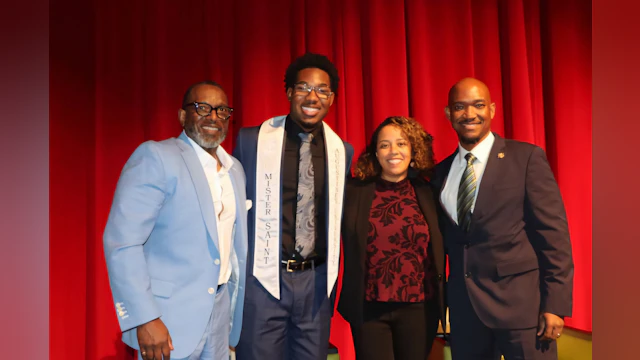
L.E.T.S. Save Lives: A Message of Hope and Perseverance for the Black Community
What makes L.E.T.S. Save Lives such a vital program is that it helps to foster new conversations about mental health and suicide prevention for the Black community. This program has been created by and for Black people and resonates in a unique way with its audience.
-

Growing up Transgender in the South: Legislative Attacks, Suicide Prevention, and Advocating for a Path ...
As a transgender woman who was able to begin receiving gender-affirming care in my youth while living in rural Arkansas, I deeply understand the stakes that the anti-trans legislation that has been proposed across the country, particularly in the South, holds for young transgender people.
Healing and Resilience
-
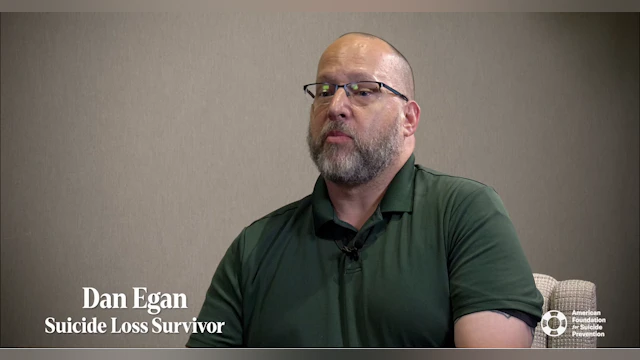
Creating a New Tradition Helped Me Heal
Five days after Dan's birthday, his father died by suicide. To help himself cope with that time of year, Dan started the tradition of eating cake for breakfast each day between his birthday and the anniversary of his dad's death.
-
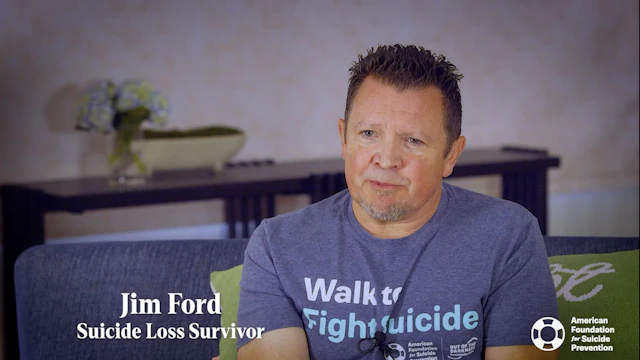
Healing Through Volunteering
Jim Ford recalls what it felt like to learn more about suicide through a Talk Saves Lives education program, and how it led to a path of volunteering that gave him strength.
-
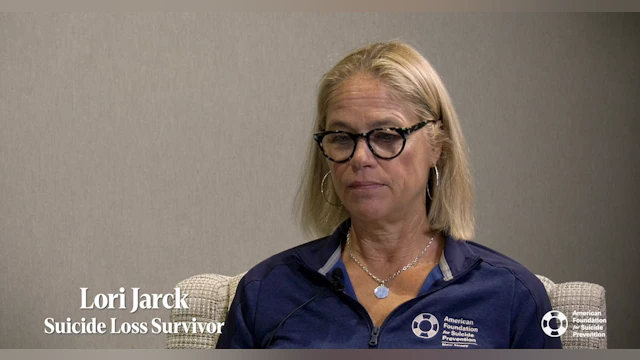
In Order to Heal I Surrendered to the Initial Pain of Grief
After losing her son Pierce, Lori found that the more she tried to control her emotions, the more she struggled with them. In her experience, it is necessary to feel your feelings in order to get to a place where you can take steps toward healing.
-
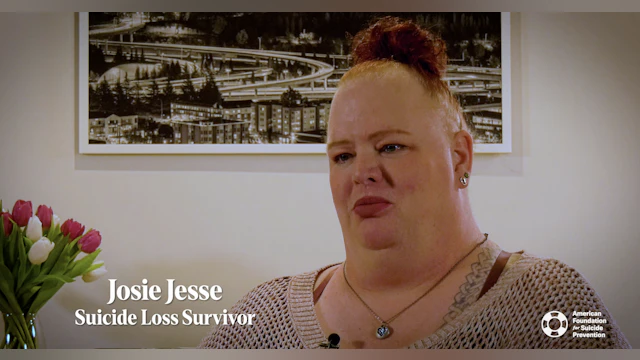
Sharing Our Stories of Loss Can Help Us Heal
After her loss, Josie initially felt angry and confused about why it had happened. She was told she should forget and move on. But the more we express ourselves, Josie says, the more we can support each other and reduce the stigma around suicide.
-
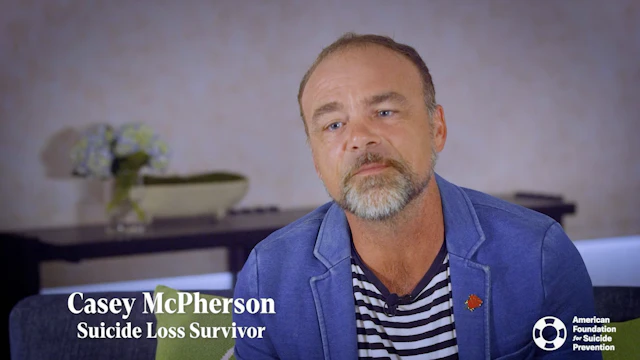
Voicing Grief Through Music
Musician Casey McPherson shares how music has allowed him to express things about his suicide loss that he wasn’t able to say with words.
-
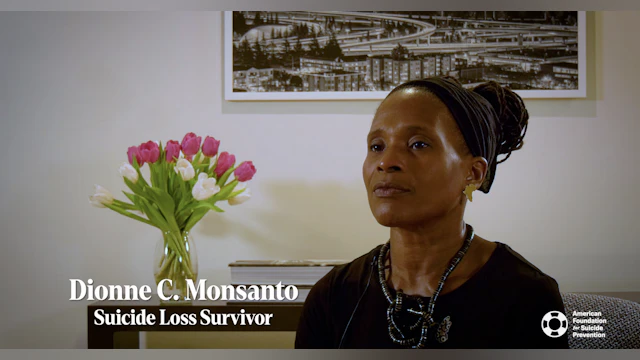
When Navigating Grief, Planning for Anniversaries Can Help
Dionne lost her young daughter to suicide. For her daughter's birthday, she plans something fun, but for the anniversary of her daughter's death, she lets herself take time away from her usual activities and responsibilities.
-
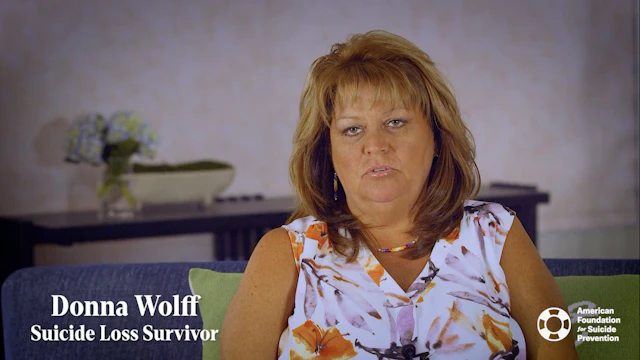
A Ceremony of Tears: Creating Permission to Grieve
Donna Wolf talks about a ceremony in her tribal community that focuses on suicide prevention.
Resources for Resilience
-
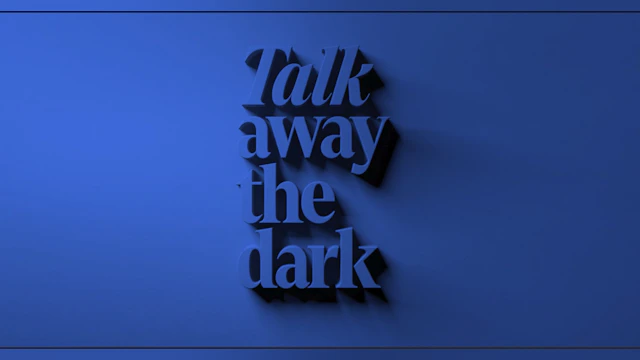
Talk Away the Dark
Talk Away the Dark encourages the people in our lives to open up about what they’re thinking, and bring the scariest emotions out of the shadows and into the light.
-
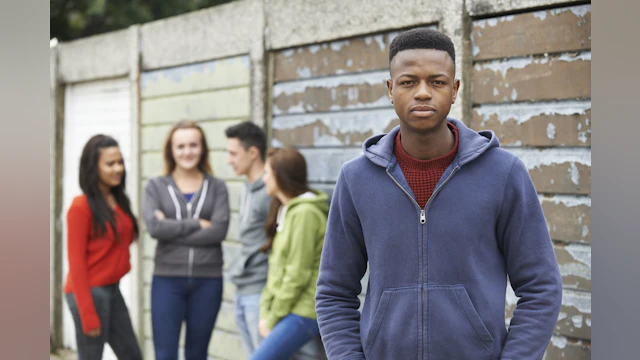
Risk factors, protective factors, and warning signs
While there is no single cause for suicide, there are risk factors and warning signs which may increase likelihood of an attempt. Learning them can save lives.
-

Mental health resources for marginalized communities
Find resources for suicide prevention focused on supporting individuals in diverse and marginalized communities.
-

Find a mental health professional
Who is a mental health professional, and how can they help? This page provides an overview, and resources for finding mental health providers in your area.
